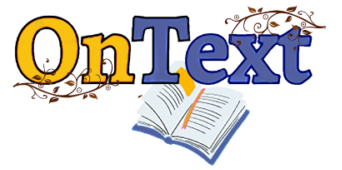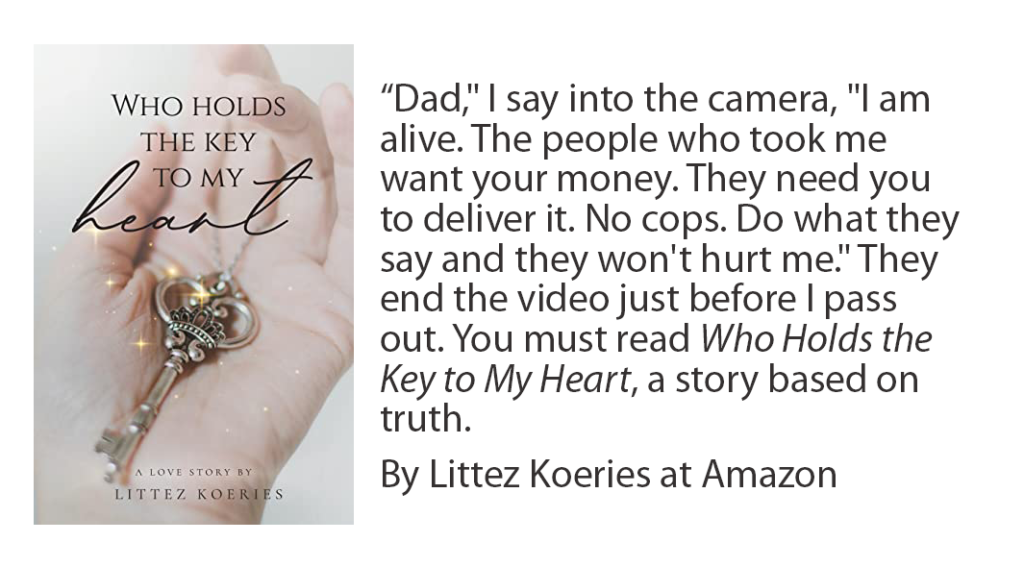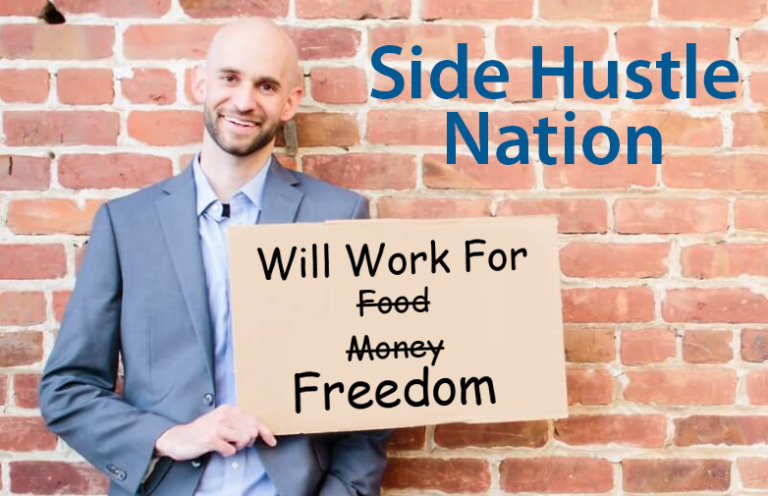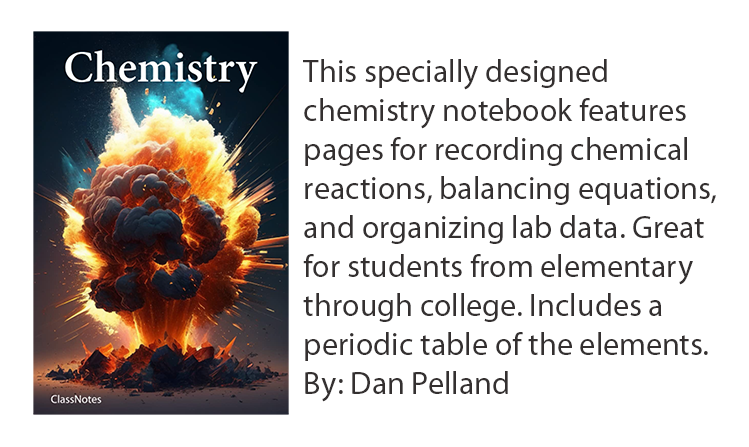…And other bits of modern urban legend
Well, have you heard that AI-generated content is illegal? If you follow social media, you have by now read that it’s illegal, immoral, and possibly despicable. In this extensive exploration of the facts, we’ll try to sort out what’s true, what’s false, and what’s undecided. Come along for the ride.
Is AI-generated content illegal? Most recent USCO directives
The following is a condensation of the most recent (yes, that could change at any moment) rules on copyrighting AI-generated intellectual properties. You can read the entire directive from the Federal Register, and you should, but we’ve condensed it here.
Background
The US Copyright Office is receiving an increasing number of copyright registration applications for works containing AI-generated content. Some name AI or an AI platform as the author or co-author, and some say AI-assisted. So the Office issued a statement of policy on applying copyright law’s human authorship requirement to such works. The statement provides guidance and acknowledges that AI-generated works implicate other copyright issues so far not addressed. However, the Office has launched an agency-wide initiative to delve into a wide range of these issues (and that includes a series of webinars).
Human authorship
The US Copyright Office believes that only works created by humans can be protected by copyright. This is based on statutes and judicial guidance, including a Supreme Court case defining an “author” as a human who originates a work. Federal appellate courts have also concluded that copyright protection is for “works of authorship,” which implies human involvement. Right now, the Office’s policies require that works are the product of human authorship. They will deny registration of works completely produced by any machine or mechanical process.
How the Office applies that concept
They evaluate works with human authorship combined with uncopyrightable material, ( and that includes AI-generated) on a case-by-case basis. If the traditional elements of authorship or creativity were conceived and executed by a machine (and that means AI, of course), the work lacks human authorship. However, (and here’s the prime issue)
…if a human selects or arranges AI-generated material in a sufficiently creative way, or modifies the material to meet the standard for copyright protection, the resulting work may be eligible for copyright protection, but only for the human-authored aspects.
That’s our thesis in this discussion. We understand that using technological tools in the creative process is allowed as long as the human had creative control over the work’s expression and formed the traditional elements of authorship. We don’t understand how this will be enforced or even determined. Neither does anyone else, so far.
How to submit applications for these kinds of works
Applicants must disclose AI-generated content in their copyright registration application and provide an explanation of the human’s contribution. Humans can file the normal application form. AI-generated content that is more than de minimis (insignificant in the eyes of the law) is to be left out of the application. If unsure, applicants can provide a general statement about the AI-generated contribution, and the CO will determine how to proceed. (and that, ladies and gentlemen, is going to create issues. What could possibly go wrong?)
How to correct a pending application
If an author has previously filed an application but has not disclosed AI involvement, they are expected to withdraw the app and amend it. (Right)
Conclusion
The Office continues to monitor new developments surrounding AI and copyright. Maybe they will issue additional guidance.
OnText’s interpretation of a lawyer’s interpretation of what’s going on, as explained in Copyright Protection for Works Resulting From Some Use of Artificial Intelligence in the United States
As a member of the writing/publishing community, you will want to read the above-captioned article from expert legal minds.
Our take is this: Most writers, authors, and creators know that the Copyright Act of the United States provides legal protection for original intellectual properties fixed in a tangible medium. So what does that mean? This includes literary, musical, artistic works, and software. The tangible medium means a physical or digital format that can store creative work like books, CDs, DVDs, digital files, and so forth. Copyright protection (actually, we’re talking about registration) is not dependent upon a particular storage format but is dependent on originality and on the fixed (or published) nature of the intellectual property.
Definitions:
Original
We all understand that original implies you thought of the material and created it without copying someone else’s work.
The Supreme Court’s decision in Feist Publications, Inc. v. Rural Telephone Service Co., Inc., 499 U.S. 340 (1991) is the CO Office’s citation for interpreting the term original. It apparently says registered work must be “independently created by the author,” and have “at least some minimal degree of creativity.” Further, the article we’re referring to says originality and uniqueness are not necessarily the same.
Fixed
Fixed is usually understood to mean the material is perceptible by touch (tangible) and produced in one of the media listed above.
Authorship
(And here’s what all the heated discussions are about). We figured out, according to the Copyright Code 17 USC § 102, that you can’t register a copyright for “an idea, procedure, process, system, method of operation, concept, principle, or discovery, regardless of the form in which it is described, explained, illustrated, or embodied in such work.”
For example, if you wake up tomorrow and have a scathingly brilliant idea for how to write a novel, great, but you won’t be able to protect that with copyright. If you write a book about your idea, you can.
Is AI-generated content illegal? Human Creativity vs Not Human vs Partly Human
Work created through a combination of human creativity and technology is not a new concept to the Copyright Office. And they know all AI-generated material is not equal. They know it’s possible to generate material simply by asking the AI bot to do it.
Like this, Prompt Example 1 – “Chat GPT, write a paragraph about horses.”
Then there’s Prompt Example 2 – a human creatively formulates a complicated prompt that directs the AI’s response.
“Hey, Chat, write me a paragraph about a five-year-old horse named Tom with a broken leg, and his owner has to decide Tom’s future. Use human reactions, dialog, and options of putting the horse down or finding him a forever home.”
The texts will be entirely different. Try it.
No, AI-generated content isn’t illegal, but now, the Office must decide at what point the product is human creativity assisted by a machine rather than non-human creativity. If they decide AI determined “the expressive elements of its output” the property is not protectable, and such components must be disclaimed in a copyright application. In the first prompt example, we’re betting on a turndown.
Probably Copyrightable, Probably Human Creativity
The world is seeing a couple of things right now: Opportunists jump on AI to generate tons of content in minutes, with no regard for quality, to dupe the public and make a fortune. And other creators, interested in both content and technology, are experimenting with AI platforms to see what happens if they create careful, robust prompts and then edit and rework the material until it satisfies their creative taste.
Meanwhile, we attended all of the Copyright Offices’ panel discussions about AI creativity which brought hours of debate over what’s fair and what’s not. As you might expect, those experts who come from the creative side – authors, artists, musicians, etc. – are committed to protecting the rights of creative workers, especially those who earn their living through creativity.
Experts who work from other angles – tech companies, legal teams, AI developers, etc – are all about protecting the rights of technological advancement and the right to make a profit. The USCO is tasked with determining how to satisfy everyone, and that will never happen.
What happens when no solution is optimal? Is AI-generated content illegal, then?
The end decision will be human-generated, and humans are subject to feelings and biases. Creative properties can, without doubt, contain AI-generated material but still represent enough human input and control to deserve copyright protection.
Much of the creative work you read, bought, and displayed as art over the past half-year may fall into this niche.
It is being suggested that, in these instances, we can register human-generated aspects of our work, “independent of” and not affecting the copyright status of the AI-generated stuff. But I’m asking how much creativity has to be human, and who decides those ratios? When a prompt is created but not recorded, how in the world does anyone decide its quality? And, most importantly, how is any of this to be proven when the plethora of “AI detectors” out there in cyberspace are, so far, not reliable at detecting? Can the authors be relied upon to fess up?
Our bottom line as professional authors and publishers
We’re weary of and rather amused by the growing hysteria about AI. First, we know this is not a new concept or concern. AI technology goes back to the last millennium. You might be amazed at how many creatives included AI-generated material in their work prior to the 2022’s AI awareness explosion. None of this is new, and so far, none of it is particularly terrifying.
It seems like humans engaged in creative endeavors should make it a point to understand today’s content realities. It isn’t hard to find and follow experts who know for sure what’s happening. As we saw in the last U.S. Presidential election, crowd hysteria can obscure facts, replacing real information with bloviated hype. We’re disappointed by how many creatives allow hysteria to move them in a particular direction.
We think there will be a much saner outcome if we proceed with caution as an industry or community. If we are armed with facts, not alternative facts, as KellyAnne once suggested, we can make sure our voices are heard while all of this is decided. We doubt we will ever have to consider the question is AI-generated content illegal.
Learn more
45 footnotes to the CO Office Policy that further explain the reasoning.





2 Responses